Solar-Powered Floating Farms Could Help Feed Future Populations
Tags: opinion
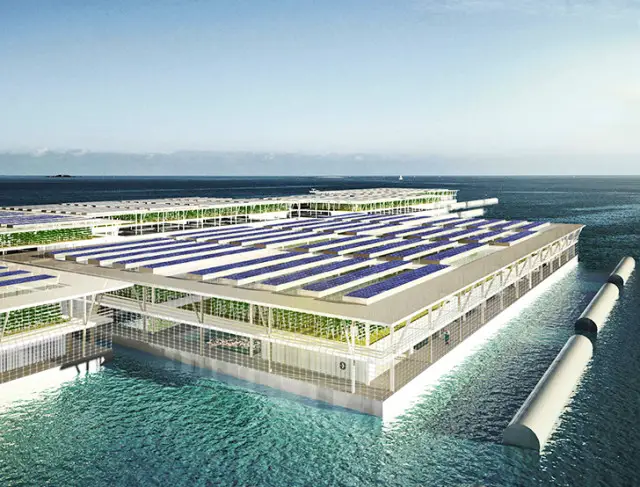
Can you imagine a floating farm that is powered by solar energy? That is exactly what Forward Thinking Architecture aims to achieve. They want to produce 20 tons of vegetables a day and approximately around 8,000 tons in a year, this eco-friendly initiative has bagged the Sustainable Entrepreneurship Award 2016. The Smart Floating Farms are the future of farming as natural resources decline steadily and the population increases rapidly. It is an effective step away from the age-old methods of farming and already has a high crop yield rate. Other methods that have gained popularity in an urban set-up include vertical hydroponic gardening.
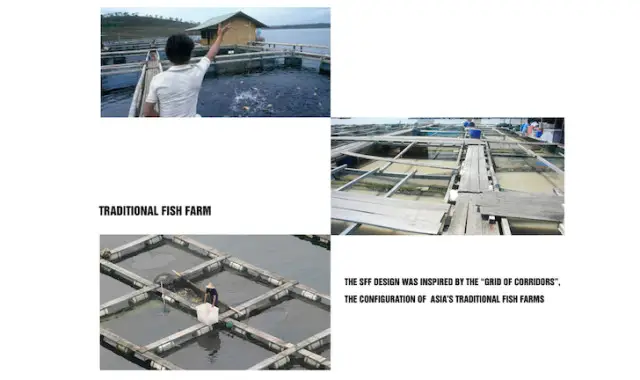
Also Read: Africa’s First Energy Plant That Converts Trash Into Electricity Opens In Ethiopia
What was the inspiration behind this innovative idea? The floating Chinese fish farms. These farms that produce vegetables can be broken down into small rectangular units that are joined b walkways. Rainwater harvesting and solar power provide energy to the floating farms. The water of the ocean under the farms have been desalinated for better production of crops. The minds behind this innovative design know that the floating farms won’t end the world’s hunger problems, nor will it takeover age-old agricultural practices. Their aim is to initiate a parallel method of production that will help to reduce food risk.
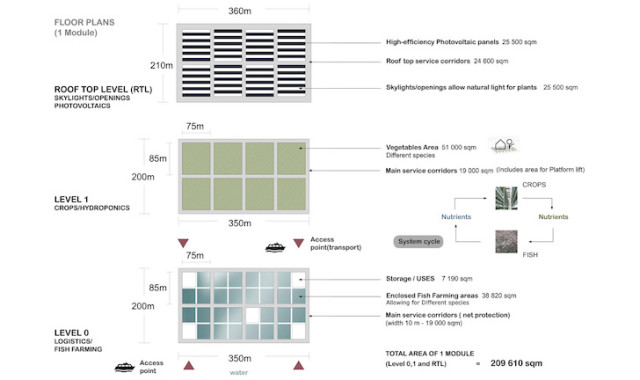
Each unit has a photovoltaic power plant composed of skylights, rainwater collectors, solar panels, wind turbines, and wave energy converter systems. There’s a greenhouse area that has microclimate control for the harvest to thrive. There are desalination plants and fish farms too. The work of the hydroponics is to keep the greenhouse free from any kind of pollution. Pesticides are not used in the floating farms because it has an adverse effect on the environment. Why is this shift to innovative farms the need of the hour? Lack of fertile land, climate change, declining natural resources, and droughts are a few of the major factors that affect food production using traditional methods. These new farms will provide more food to the ones living on the coasts.
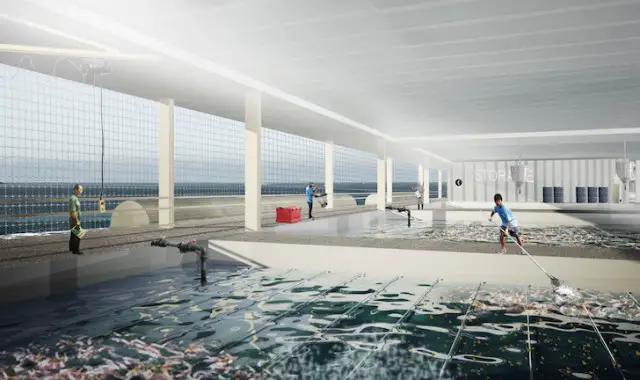
Also Read: Scientists Predict the Amazon Rainforest May Disappear Within the Next 50 Years
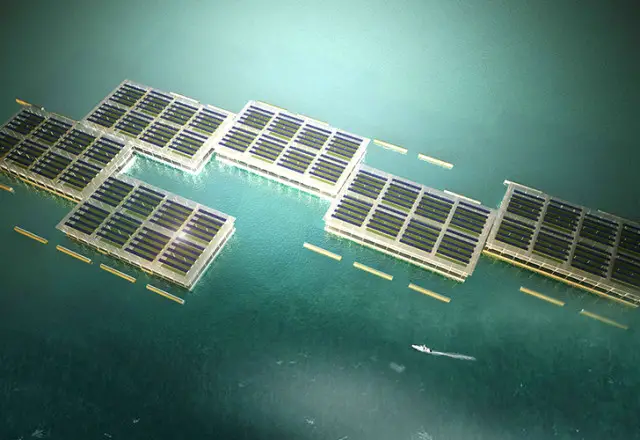
The idea behind floating farms is also to reduce manual labor. The set-up is virtually automatic and would be effective around the year. The kind of vegetables or fish would depend on the demand for the items and experiments regarding the combinations are being conducted. Everything said these innovative farms are a great move for the environment!

Leave Comment: